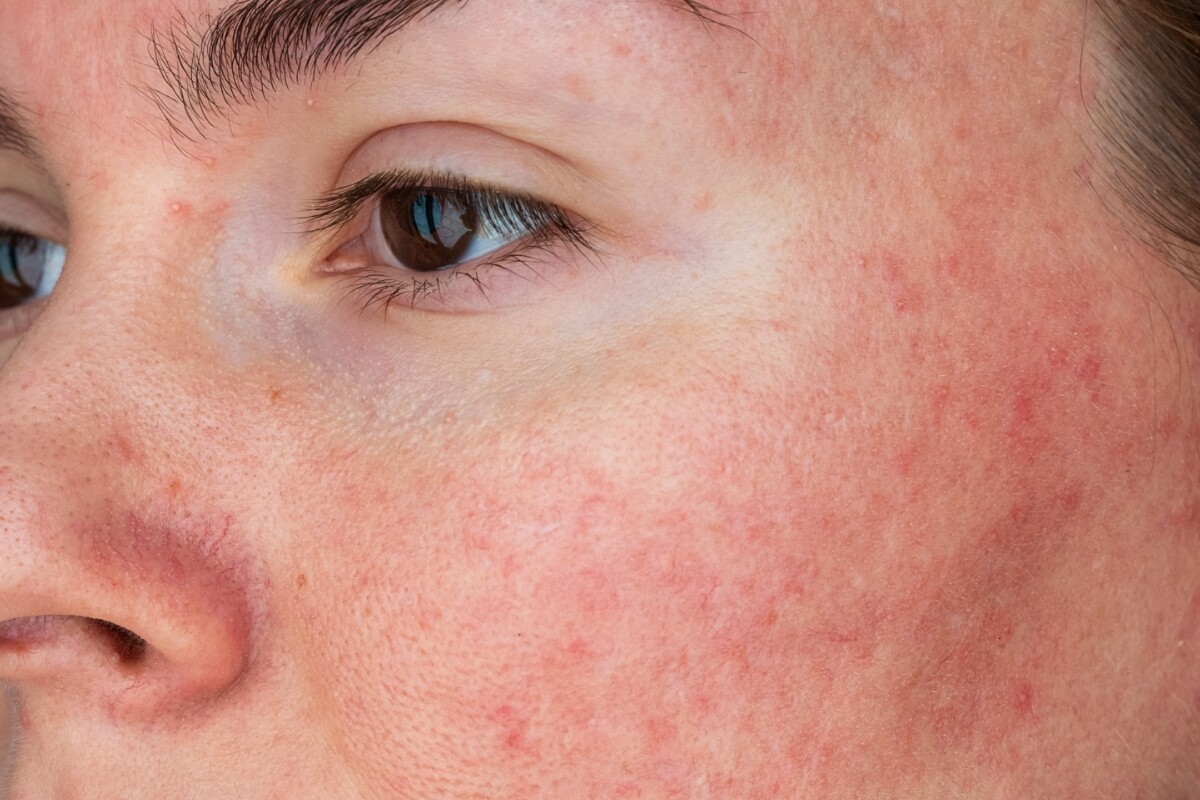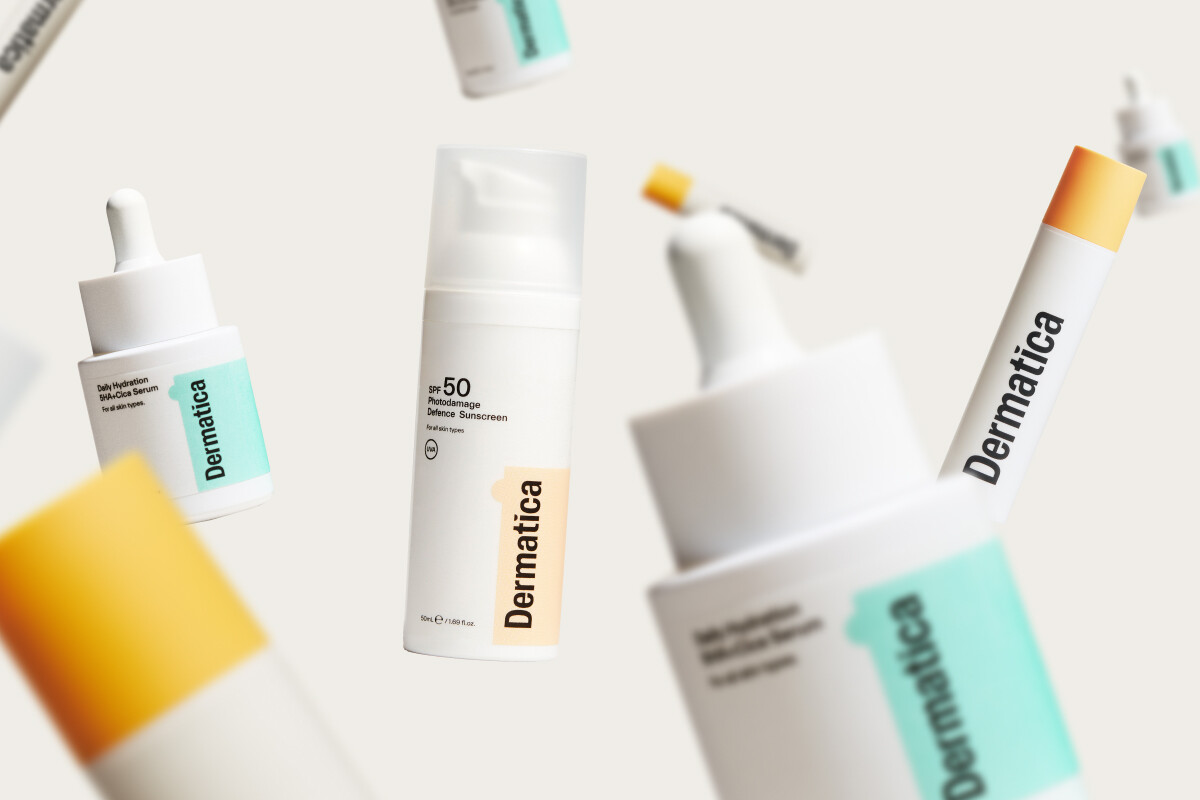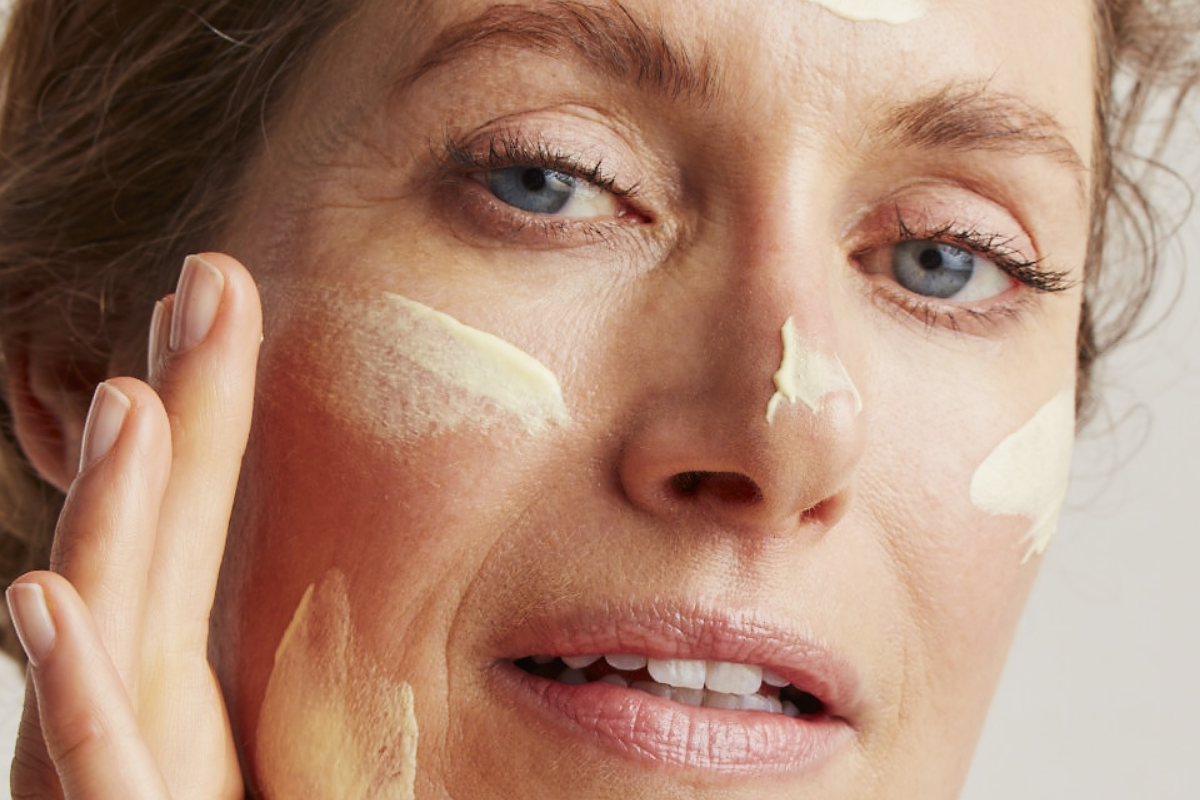For those of us in the northern hemisphere, our moisturisers are about to get as thick as our duvets as the temperature drops and winter arrives.
But before the weather gets too chilly, we’re solving the age-old dermatology debate. Can you still benefit from retinoids in winter? The short answer is, yes absolutely! The longer answer is that retinoids can have huge pros when used in the colder months. But to avoid irritation, it’s important you know how.
How winter affects your skin
Aside from the hot cocoa and German markets, winter ushers in a new set of challenges for our skin. Nothing we can’t handle, mind, but the colder, drier air can leave it feeling and looking duller, less supple, and more irritated.
Dryness: Your skin becomes dry because cold air lacks humidity, leaving your skin dehydrated, rough and flaky.
Inflammation and Irritation: Wind and low temperatures can irritate the skin barrier, leading to redness and/or sensitivity.
Dullness: Reduced sunlight can make your skin appear more dull.
Breakouts or flare-ups: If you have conditions like acne, winter can be a trigger. (3)
What are tretinoin and adapalene?
Both tretinoin and adapalene are topical retinoids that are excellent for combating acne and clogged pores.(1) Tretinoin can also stimulate collagen production, reduce fine lines and coarse wrinkles, and improve skin texture too – all benefits that wouldn’t go amiss over a harsh winter. (2)
However, like with any topical retinoid, you may run into side effects while your skin gets used to it. Though normal and not usually a cause for concern, these side effects can include: dryness, flaky skin, redness and mild stinging – which can be worse in cold temperatures
So to maximise the benefits of tretinoin and adapalene in your winter skincare routine, while avoiding side effects and protecting your skin barrier, here’s how to use them during the chilliest months.
Maximising tretinoin and adapalene in winter
Tretinoin and adapalene aren’t just safe to use in the winter, they can also be very helpful in combating those pesky winter skin triggers. Tretinoin helps exfoliate the skin to combat dullness, and adapalene stops clogged pores and flare-ups in those with blemish-prone skin. Just follow these tips.
Keep skin nourished
Apply a richer moisturiser to combat winter dryness. Look for products with ceramides and peptides, hyaluronic acid, and fatty acids to help strengthen your skin’s barrier after applying tretinoin and adapalene.
Always wear sunscreen
Sunscreen isn’t just for summer – or sunny weather, in fact. Damaging UV rays are present all year-round, so opt for a broad-spectrum sunscreen with at least SPF 30, and a vitamin C booster to enhance its performance.
Use humidifiers
Combat indoor dryness by adding moisture to the air with a humidifier.
Skip harsh exfoliants
Our experts recommend avoiding physical or chemical exfoliants like AHAs, BHAs and PHAs if you’re using retinoids, especially during the winter months. Retinoids are already exfoliating, so adding more steps into your routine may irritate your skin barrier.
Stay Hydrated and Eat Nutrient-Rich Foods
Keep your skin healthy from the inside out by drinking plenty of water and consuming foods rich in antioxidants and omega-3 fatty acids.
Apply it less often if needed
If you are experiencing irritation In the winter, you can try using Tretinoin or Adapalene every other night until the irritation has lessened.
Why you should consult a dermatology expert for advice
Remember that everyone’s skin and skin type is unique, and skincare is never one-size-fits all. It’s always a good idea to consult a dermatology expert, like the ones at Dermatica, if you aren’t sure what to change in your routine. Especially when using active ingredients like tretinoin and adapalene.
While winter skin may have its own set of challenges, you can still enjoy a radiant and healthy complexion with small tweaks to your tretinoin and adapalene routine. With proper care, your skin will glow all year round. Just be sure to keep your skin barrier healthy and nourished, while you’re at it.
References
1.Tolaymat L, Zito PM. Adapalene [Internet]. PubMed. Treasure Island (FL): StatPearls Publishing; 2020. Available from: https://www.ncbi.nlm.nih.gov/books/NBK482509/
2. Yoham AL, Casadesus D. Tretinoin [Internet]. PubMed. Treasure Island (FL): StatPearls Publishing; 2021. Available from: https://www.ncbi.nlm.nih.gov/books/NBK557478/
3. Dry skin in winter: what cold weather can do to your skin [Internet]. patient.info. 2021 [cited 2023 Sep 26]. Available from: https://patient.info/news-and-features/what-winter-weather-can-do-to-your-skin
Ash Sharma
Dr Ashwin Sharma is a medical doctor and writer with a particular interest in health technology, artificial intelligence and medical weight loss. He completed his training at the University of Leicester and Imperial College London, and has since been exploring the intersections of medicine, technology, and communication.





